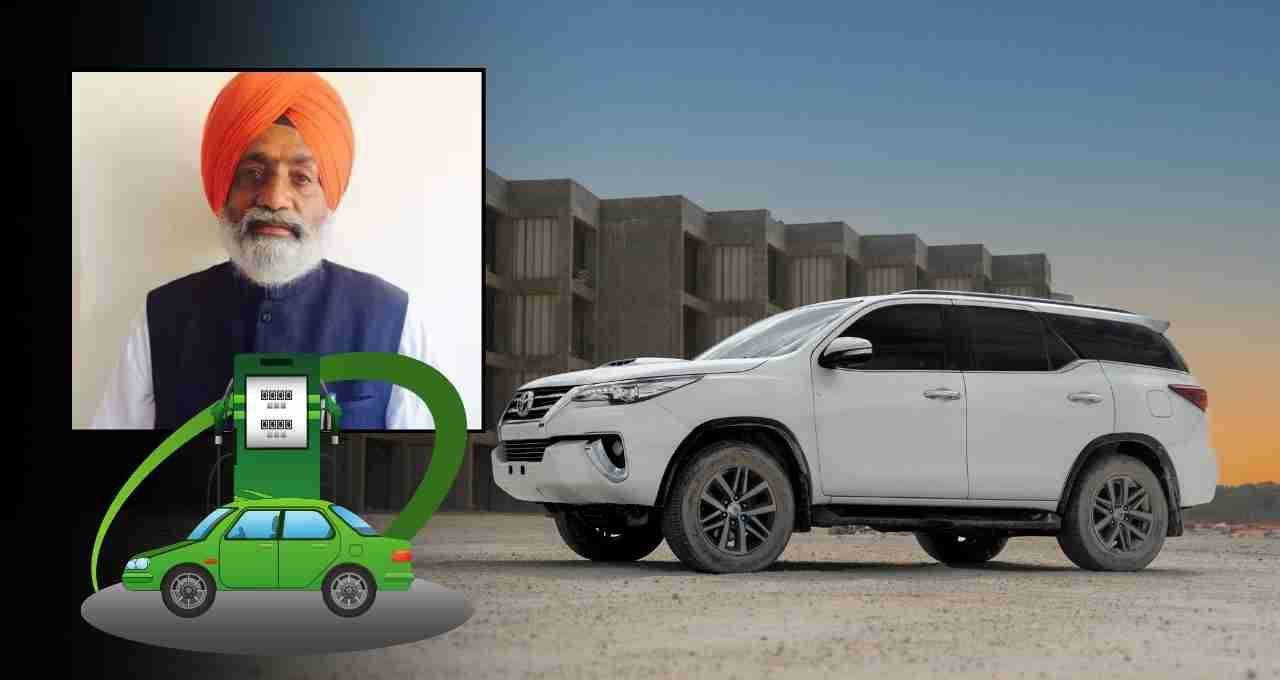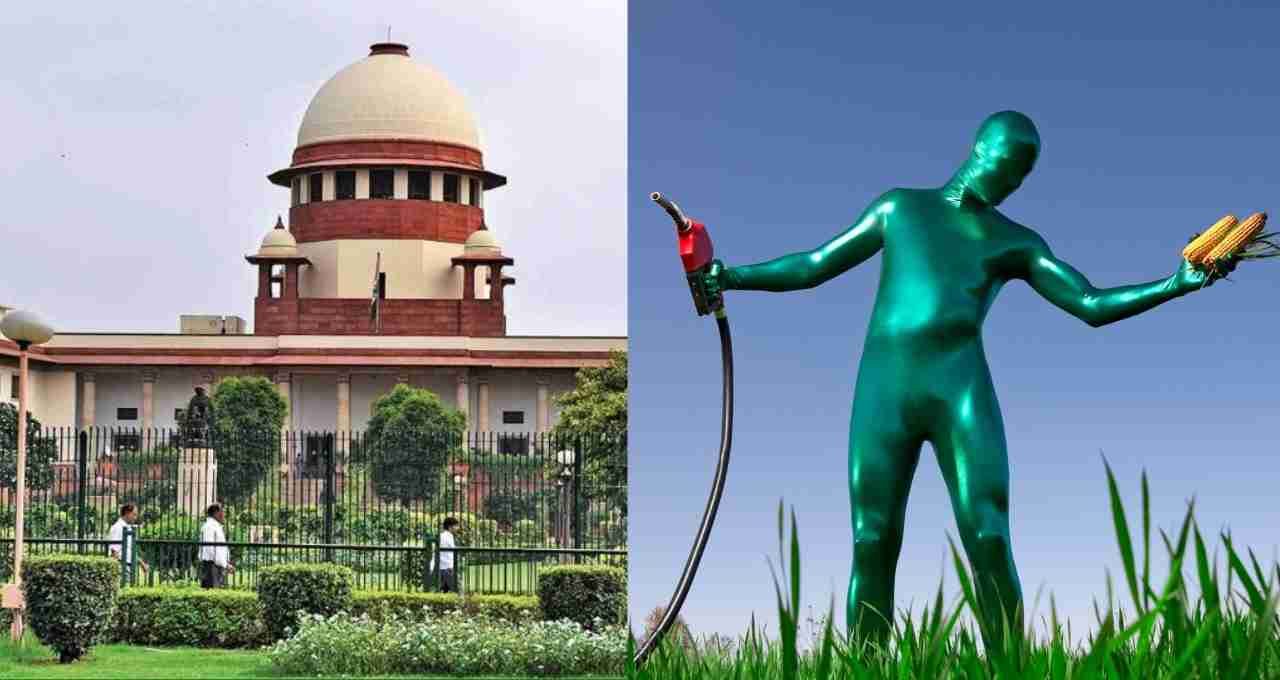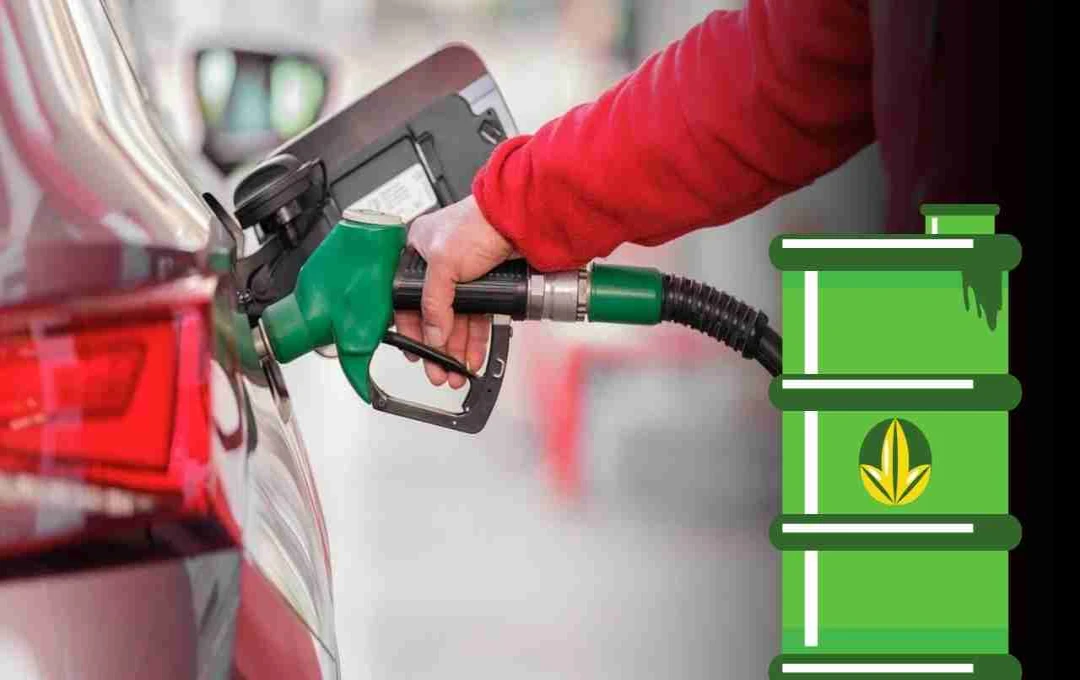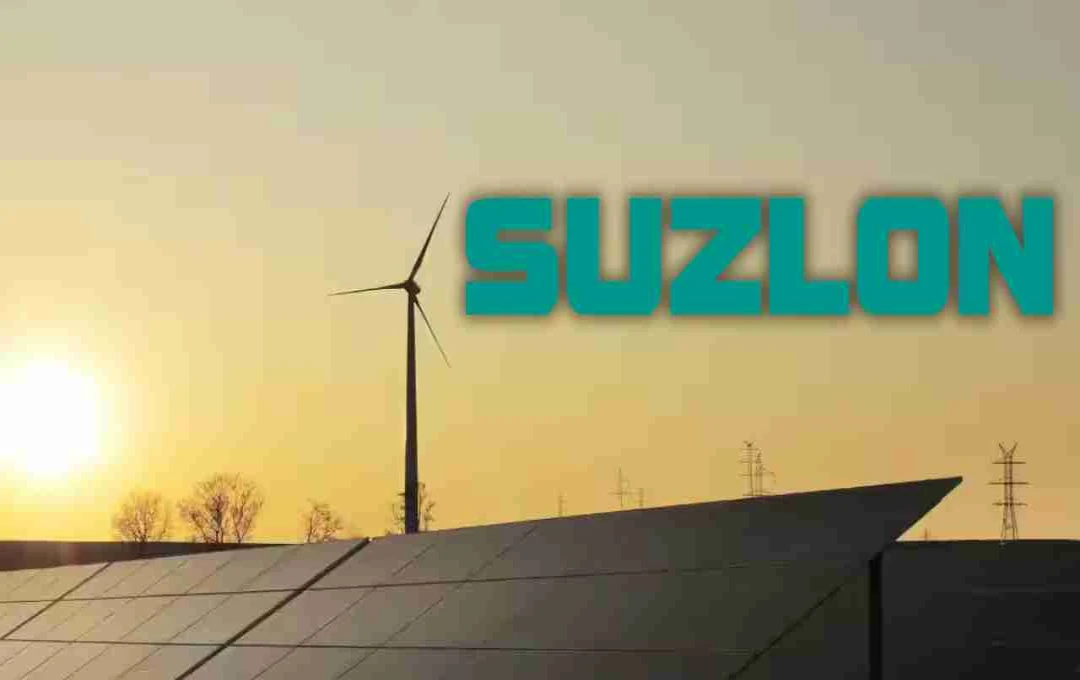E20 petrol is beneficial for the environment and sugarcane farmers, but it can decrease vehicle mileage by up to 6%. The impact has been detailed in reports by Niti Aayog and ARAI. The Supreme Court dismissed a Public Interest Litigation (PIL) filed against E20 fuel and directed the policy to continue.
Niti Aayog Report: The central government is promoting E20 petrol in India to reduce pollution and decrease dependence on fuel imports. However, vehicle owners have reported that this can reduce car mileage by up to 6%. Reports from Niti Aayog and ARAI also indicate this. The Supreme Court dismissed a PIL against E20, stating that the fuel policy will continue and will benefit sugarcane farmers.
Experiences of Vehicle Owners

Surender Pal Singh, an automobile engineer from Delhi, stated that his car, which is less than three years old, previously gave an average of 17-17.5 km/litre on Delhi roads. After using E20 fuel, it gradually dropped to 16.5 km/litre and now only 14.5 km/litre. He mentioned that using premium petrol did show some improvement in mileage, but the expense significantly increased.
On social media, many vehicle owners are questioning why they should buy more expensive fuel when their vehicle's running cost is increasing.
Niti Aayog Report
Niti Aayog's 2021 report, "Roadmap for Ethanol Blending in India 2020-25," stated that the price of higher blend fuels like E20 should be kept lower than regular petrol. The aim is to compensate for the loss incurred due to the lower calorific value of the fuel.
The report also indicated that the use of E20 could lead to a decrease in mileage by 6 to 7 percent for four-wheeler vehicles and by 3 to 4 percent for two-wheeler vehicles. However, if the engine is designed and tuned according to E20 specifications, this loss can be significantly reduced.
Supreme Court's Decision

Recently, the Supreme Court dismissed a Public Interest Litigation (PIL) filed against 20 percent ethanol-blended petrol (E20). The court supported the central government's stance, stating that E20 fuel directly benefits sugarcane farmers. Petitioner advocate Akshay Malhotra claimed that many vehicles manufactured before April 2023 cannot use E20 fuel. He also stated that even two-year-old vehicles compliant with BS-6 standards are not entirely suitable for 20 percent ethanol-blended petrol.
The government's Attorney General, R. Venkataramani, told the court that this petition is not serious and should not be given importance. He highlighted that E20 fuel is increasing the income of sugarcane farmers and the policy will continue.
Benefits of E20
According to government data and experts, E20 fuel offers several advantages. It reduces import dependency on petrol and saves foreign exchange. Furthermore, this move is significant for environmental protection as ethanol emissions are lower. Sugarcane farmers benefit economically from this initiative, and employment opportunities increase in rural areas.
Challenges for Vehicle Owners
However, E20 fuel presents some challenges for vehicle owners. The primary concern is the decline in mileage. If the engine is not specifically prepared for E20, a reduction in mileage of up to 6 percent can be observed. Additionally, vehicle running costs and engine performance may also be affected.














